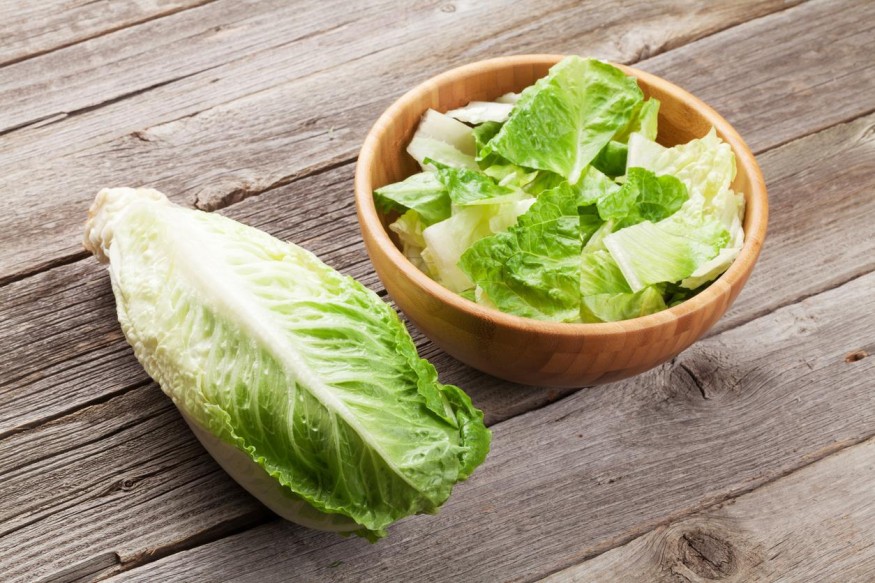
Just in time for Thanksgiving, millions of people have been warned about a number of romaine lettuces that have been contaminated with the bacteria of E. coli. They also have been told that it is extremely dangerous and that it should be disposed of.
No one can confirm why all of this is happening. There are speculations and theories, but the great and like-minds of the United States government were unsuccessful in figuring out why romaine keeps getting poisoned - or how they can prevent it from happening again and again.
On Nov. 20, just two days after Thanksgiving, the warning from the U.S. Centers for Disease Control and Prevention announced that no romaine from the United States may be possibly safe to consume and eat as well - and all of the rumors must be invalidated. The warning came six days just before the holiday, Nov. 22. It is reported that in 16 states, almost 40 people got sick, which most of them rushed to the hospital after being contaminated with E.Coli strain, which is called 01:57:H7 that has a chance to lead to failure of kidney and is known to be deadly.
The CDC reported that in 19 states, almost 67 people have already been sickened and known to be contaminated with the bacteria of E. coli.
A lettuce grower from San Luis Obispo, Calif that goes by the name Dan Sutton stated that "It is heartbreaking and frustrating. We will have to change and think of other ways on how to farm leafy greens."
The total sold of romaine in the United States came only from two growing areas: one is in the Yuma, Arizona, and another is in the Salinas Valley of California.
Infected agricultural water is one of the primary reasons for these E. coli outbreaks. Administration of United States president Trump delayed the implementation of testing the new agricultural water-which is developed by the administration of Obama-that is supposed to be effective last year.
These testing rules would require the farmers to test four times in agricultural water per growing season for the generic E. coli. Some farmers claimed it to be confusing and unnecessary, disagreeing with the new rule. Hence, the FDA decided to extend the implementation. With small farms in 2023 and much smaller farms in 2024, large farms will be advised to meet the deliverables and requirements by January 2022.
But according to the leafy green officials, this rule being delayed is not the reason for this E. coli outbreaks, since the industry always performs tests every month.
Unfortunately, the farm growers have not yet resolved the problem - getting frustrated with the fact they cannot do a single thing to prevent the contamination of E. coli outbreak.
Also, a chairman of the marketing agreement, Sutton, said, "They are the most stringent and most scientifically-based requirements on how to grow leafy greens."
After the outbreak that occurred last year, the E. coli outbreak that made people sick and rushed to hospitals came from the surface water was discovered by the FDA. With this, leafy green farmers have made a final decision to prohibit the use of surface water.
ALSO READ: Why E. coli keeps getting into our lettuce
© 2026 ScienceTimes.com All rights reserved. Do not reproduce without permission. The window to the world of Science Times.











